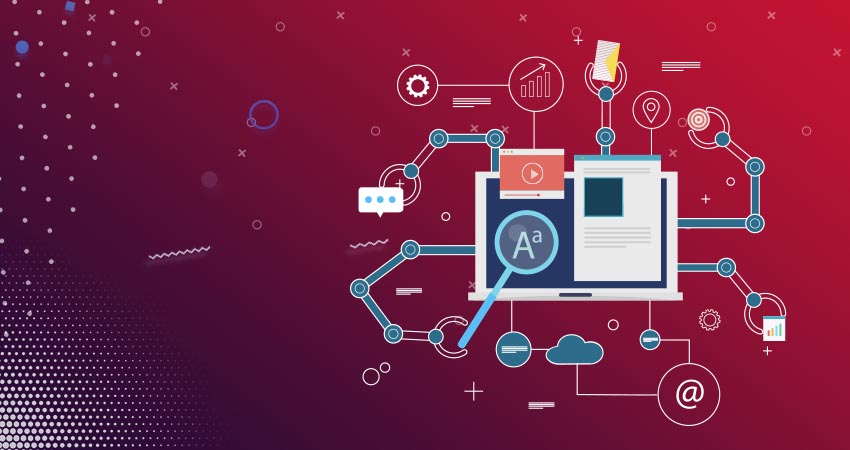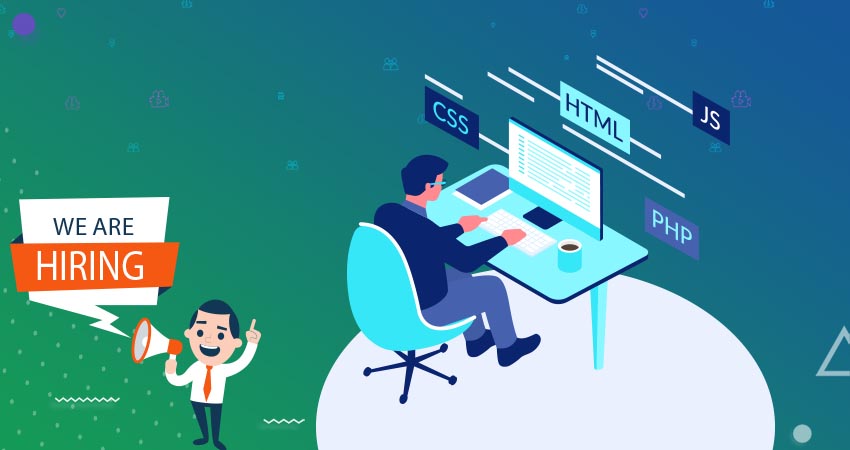
| Course Level: | Beginner to Advanced |
| Course Duration: | 4 Months | 8 Months |
| Training Days: | Monday to Friday |
| Training Time: | 4 hours / Day | Regular Office Time |
| Course Mode: | IN-class (Offline) at our premises |
| Course Type: | JOB oriented training |
| Course Start On: | On Registration | Admission |
| Class Size: | 1 to 1 | No Groups| No Batch |
COURSE BENEFITS
-
Considering is your last training: We assure for knowledge, so once your get job then your training will end.
-
Know your skills:Choose/Suggested a technology what you can do best.
-
Authenticate your skills: Entire course is on industrial practice so awarded with experience latter on placement.
-
Be highest paid fresher:We invented a unique model to get the job with highest starting salary, if you get good offer then US, you can join to them.
-
We don’t bind your ability: No specific course content, learn as much as you can, beyond the topics it helps to become logically sound.
Definition of AI and its applications
History and evolution of AI
Types of AI systems (narrow vs. general AI)
Ethical considerations and challenges in AI
As a fresher looking to learn AI, it's important to start with the fundamental concepts and gradually build your skills and knowledge. Here's a suggested course content for an AI training program.
Linear algebra (vectors, matrices, operations)
Calculus (differentiation, integration)
Probability theory and statistics (probability, random variables, distributions, hypothesis testing)
Supervised learning, unsupervised learning, and reinforcement learning Training, validation, and test sets
Performance metrics (accuracy, precision, recall, F1 score)
Overfitting and underfitting
Feature selection and feature engineering
Linear regression
Logistic regression
Decision trees and random forests
Naive Bayes
Support vector machines (SVM)
K-nearest neighbors (KNN)
Clustering algorithms (k-means, hierarchical clustering)
Dimensionality reduction techniques (PCA, t-SNE)
Neural networks and their architecture
Activation functions (sigmoid, ReLU, etc.)
Backpropagation algorithm
Convolutional neural networks (CNN) for image recognition
Recurrent neural networks (RNN) for sequence data
Long short-term memory (LSTM) networks
Generative adversarial networks (GANs)
Transfer learning and fine-tuning
Text preprocessing (tokenization, stemming, lemmatization)
Bag-of-words and TF-IDF representations
Word embeddings (Word2Vec, GloVe)
Recurrent neural networks (RNN) for text processing
Attention mechanisms
Language modeling
Named Entity Recognition (NER)
Sentiment analysis and text classification
Markov Decision Processes (MDPs)
Value iteration and policy iteration
Q-learning and Deep Q-Networks (DQN)
Policy gradients and actor-critic methods
Exploration vs. exploitation trade-off
Computer vision (object detection, image segmentation)
Speech recognition and synthesis
Autonomous systems (self-driving cars, drones)
Recommendation systems
Natural language understanding and chatbots
AI in healthcare, finance, and other industries
Bias and fairness in AI systems
Privacy concerns and data protection
Transparency and interpretability
Algorithmic accountability
AI and job displacement
Implementing machine learning and deep learning algorithms
Building and training neural networks using popular frameworks (TensorFlow, PyTorch)
Solving real-world problems using AI techniques
Analyzing and interpreting AI models' results
Remember that this course outline is just a starting point to Explore in AI, and you can adjust it based on your interests and specific goals within AI. Practical exercises, coding assignments, and projects should be an integral part of the self-learning to reinforce the concepts and gain hands-on experience.
Make a plan about how we can achieve our goal with deadline
Discussed & finalize Project definition
Define difficulties and solutions for project definitions
Research Analytics on project definition
Prepare Documents as : Wireframing, Document of Requirement, Target Audience
Any graduate Can make their career into Front-End development, Web Designing or web developers
LEARN WHICH BEST SUITS YOU
No limits on learning, no limits on duration, no limits on salary, no limits on interviews, learn as much as you can & get ready for your first job.
4 MONTHS TRAINING(CODE :- PTP 4)
-
4 months training duration
-
Monday to Friday (04 hours / Day)
-
Only practical based training
-
Individual 1 to 1 training
-
Professional developers as trainer
-
Stipend provide based on performance
-
Confirmed job – on-job training program
-
Diploma/Graduate (Any Stream), Career Changers & IT Enthusiasts.
12 MONTHS TRAINING(CODE :- PTP 12)
-
Up to 12 Months or Until Placement
-
Monday to Friday (full day Adjusted Based on Work Opportunity)
-
Live Work-Based Training with a Collaborative Team
-
1 to 1, Real-World Project Experience & Industry-Standard Skills
-
Unlimited Placement Support with Dual Job Opportunities
-
Industry Diploma Recognized as Experience + Training Certificate
-
Join as a Fresher, Graduate as an Experienced Professional Developer
-
10+2, Diploma/Graduate (Any Stream), Career Changers & IT Enthusiasts.































